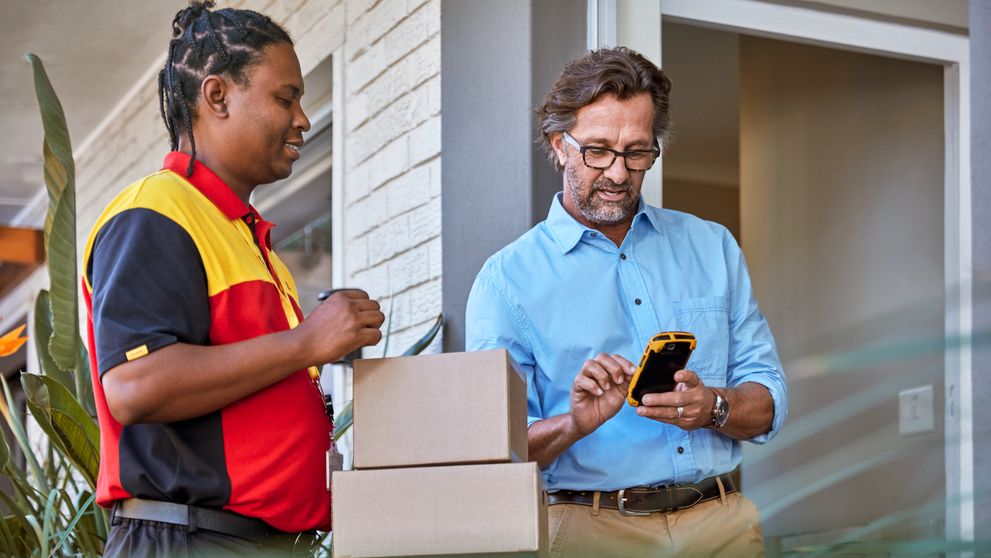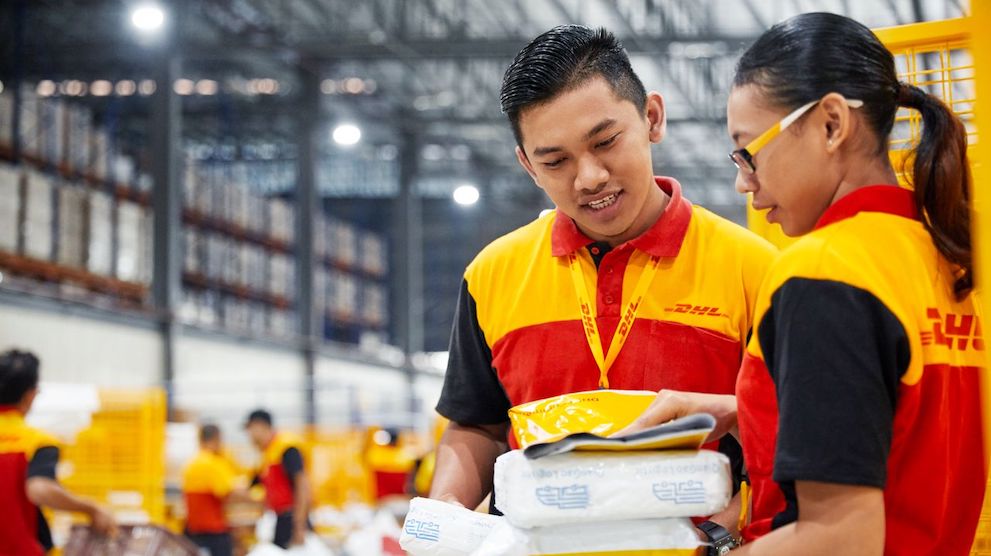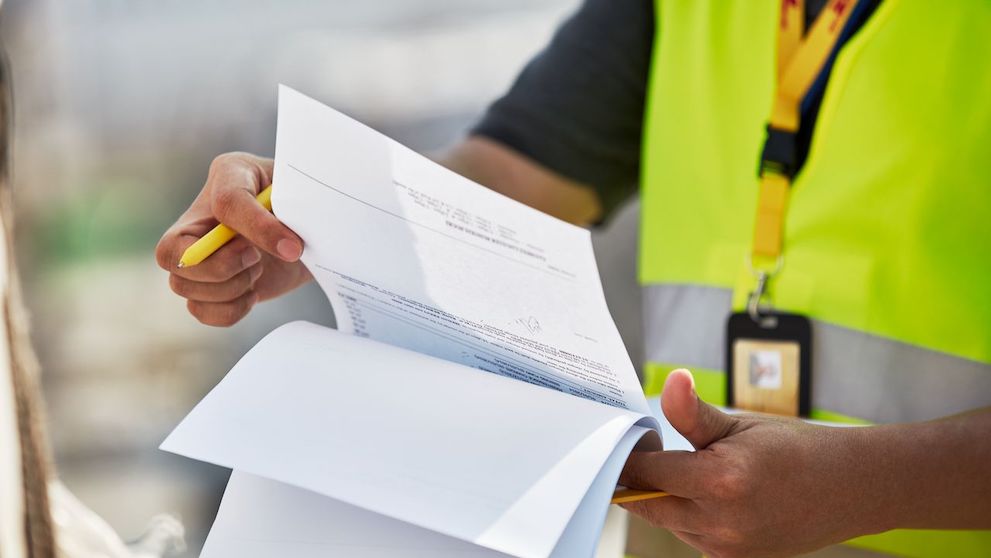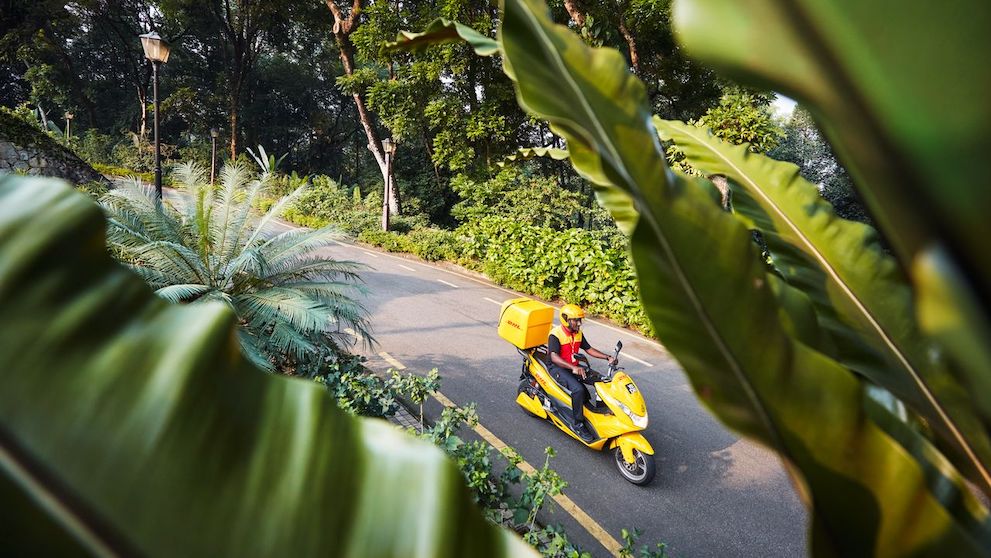International trade significantly benefits India, allowing the country to obtain essential goods that are not produced locally due to a scarcity of resources or prohibitive manufacturing costs. However, India is not just a market for imports but also a key player in the global export landscape. The country produces various goods, ranging from refined petroleum and advanced electronics to traditional handicrafts.
As India expands its role in global markets, the complexity of managing international transactions grows. To navigate this trade smoothly, individuals and businesses must understand the standardized logistical terms known as Incoterms.
What are incoterms?
Incoterms, short for "International Commercial Terms," are 11 standardised terms developed and introduced by the International Chamber of Commerce (ICC) in 1936. These terms clearly define the roles, costs, and risks for buyers and sellers involved in the transport and delivery of goods in international and domestic trade transactions.
Over the years, Incoterms have been periodically revised to align with changes in global trade practices, ensuring they provide current and relevant guidance. Understanding the meaning of incoterms enhances clarity, aids in risk management, and ensures fair cost distribution, making global trade more predictable and secure for the parties involved.
Categories of Incoterms
Incoterms are divided into two main categories to address different transportation needs:
- Rules for any mode of transport: These versatile rules apply to goods shipped by any mode of transportation—whether by road, rail, air, or sea. They are particularly useful for international trade transactions where multiple modes of transport might be involved, offering flexibility and clarity in diverse logistics scenarios.
- Rules for sea and inland waterway transport: This category is specifically established for shipments carried exclusively by sea or inland waterways. These rules consider the unique aspects of maritime transport, such as the risks involved during port handling and the transfer of goods.
Understanding these categories is critical for choosing the correct Incoterm, ensuring that both parties are clear on their responsibilities and risks throughout shipping from India to any domestic or international destination.
Incoterms for any mode of transport
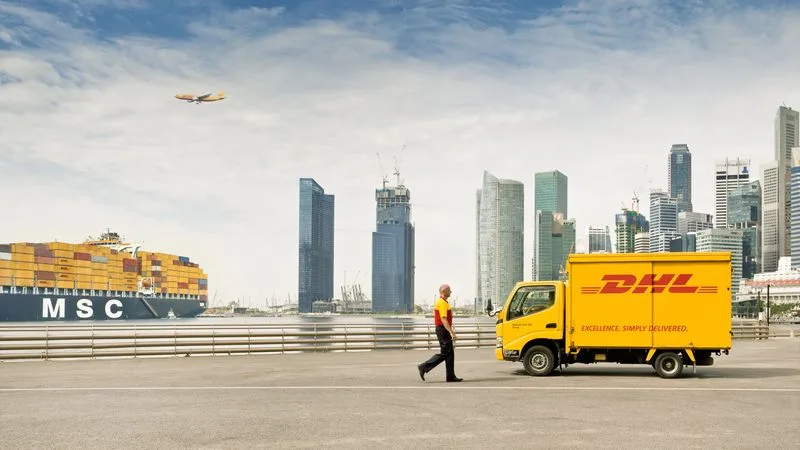
There are seven Incoterms that apply to any mode of transport. These include:
- EXW (ex works): In this arrangement, the seller makes the goods available at their own location. From this point, the buyer assumes all responsibilities for transportation, including costs and risks of moving the goods to their final destination.
- FCA (free carrier): Under FCA, the seller delivers the goods to a pre-agreed point where a carrier chosen by the buyer takes over. Once the goods are handed over, the buyer is responsible for any transport-related risks and costs.
- CPT (carriage paid to): The seller takes on the responsibility of paying for the transportation of goods to a predetermined destination. However, once the goods are handed over to the first carrier, the buyer assumes all risks, including the possibility of damage or loss during transit.
- CIP (carriage and insurance paid to): Similar to CPT, except the seller must also insure the goods during transit up to the named destination.
- DAP (delivered at place): Under DAP, the seller is fully responsible for transporting the goods to a particular location agreed upon with the buyer. The seller assumes all associated risks and costs until the goods reach the destination. Once the goods arrive and are ready for unloading, the buyer then takes over responsibility, including any further risks and costs from that point forward.
- DPU (delivered at place unloaded): In this arrangement, the seller is responsible for not only transporting the goods to the agreed location but also for unloading them upon arrival. The seller carries all risks and costs associated with the goods until the unloading is fully completed, after which the buyer assumes control and responsibility.
- DDP (delivered duty paid): With DDP, the seller assumes the highest level of responsibility. This includes covering all costs and risks involved in transporting the goods to the buyer's specified location, as well as handling customs duties and taxes. The seller's responsibility only ends once the goods have been delivered to the agreed destination and are ready for unloading.
Incoterms for sea and inland waterway transport
Incoterms for sea and inland waterway transport include four standardised logistics terms that detail the responsibilities and obligations of the buyer and seller during maritime shipments:
- FAS (free alongside ship): The seller's responsibility ends when the goods are placed alongside the ship at the designated port of shipment. From this point, the buyer assumes all risks and costs, including loading the goods onto the vessel and subsequent transport costs and risks.
- FOB (free on board): The seller is responsible for getting the goods on board the ship at the designated port. Once the goods are secured on the vessel, the buyer carries all risks and costs related to the onward journey to the destination.
- CFR (cost and freight): The seller covers the costs and freight charges necessary to transport the goods to the port of destination. However, the moment the goods are loaded onto the ship, the risk will transfer to the buyer, who then takes responsibility for any potential loss or damage.
- CIF (cost, insurance, and freight): This term is similar to CFR, but it includes an additional requirement for the seller to secure marine insurance for the goods. The seller is responsible for arranging and paying for this insurance to cover the buyer’s risk during transit. However, the transfer of risk from the seller to the buyer still occurs once the goods are loaded onto the ship.
How to choose the right incoterm for your transaction
Consider these critical factors to ensure you choose the logistics and shipping incoterm that best suits your needs:
- Nature of the goods: Some Incoterms are more suited to specific types of goods. For example, perishable goods might require terms that allow for faster shipping and handling to ensure quality upon arrival.
- Transportation mode: Certain Incoterms are tailored to particular modes of transport. For instance, FOB is more appropriate for bulk cargo shipped by sea, whereas CIP might be better for multi-modal shipments that require door-to-door delivery.
- Roles and responsibilities: Consider which party is best equipped to handle the shipping responsibilities. Logistics incoterms like EXW place most of the responsibility on the buyer, while DDP shifts most responsibilities, including duty and tax payments, to the seller.
- Control over the shipping process: If the buyer has specific preferences or capabilities in managing shipping logistics, incoterms like FCA might be preferable, which allow the buyer to select the carrier and manage the main carriage.
- Risk management: Evaluate which party is better positioned to manage risks. Incoterms define at what point risk transfers from the seller to the buyer, so choosing an Incoterm that aligns with your ability to manage or insure against these risks is crucial.
Navigate international trade with confidence
Incoterms are more than just contractual terms; they're essential guidelines that help ensure smooth and clear agreements between sellers and buyers. By precisely defining who is responsible for each aspect of the shipping process, these terms help mitigate risks and foster trust and efficiency between trading partners.
If you're looking for a reliable courier service in India to help optimise your international trade transactions, DHL Express India is here to help. Our expertise in global logistics and deep knowledge of trade regulations can make navigating international markets smoother and more predictable for your business. Plus, we offer tailored shipping solutions designed to meet the specific needs of your trade activities, ensuring efficient and reliable delivery across the globe.
